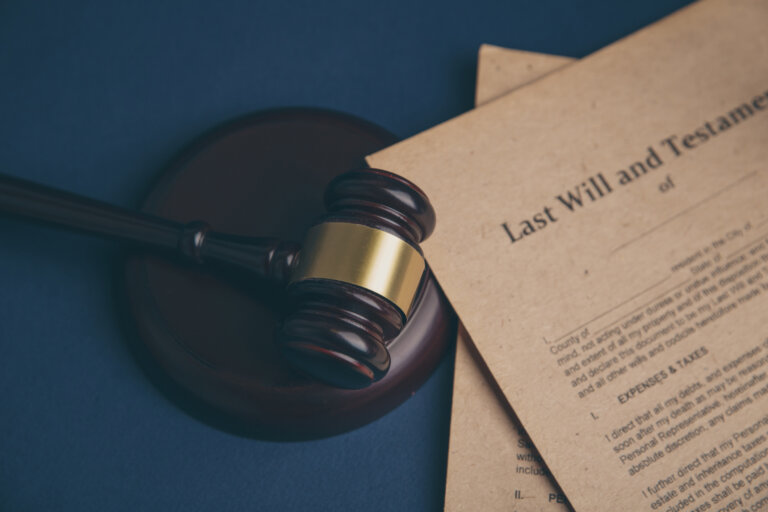Probate court. These are two of some of the most dreaded words in the English language. If your estate ends up in probate court, there is a chance it will be unfairly distributed to undeserving parties. Our Florida bankruptcy and estate planning attorney is here to help prevent such an outcome.
Probate Court Amidst Bankruptcy
Some Florida debtors die during bankruptcy proceedings. An individual who passes away without a will while going bankrupt dies intestate. The question is what, exactly, happens to the debtor’s remaining assets after passing away? The outcome of those assets is determined by a probate court judge.
Rewind back to 2006 and the United States Supreme Court ruled that there is a probate exception in the Marshall v. Marshall case. The exception to the jurisdiction of federal court empowers state probate courts to annul or probate a decedent’s will and also the administration of that person’s estate. The ruling also prevents federal courts from making efforts to dispose of the decedent’s property while it is held by a state-level probate court.
Moreover, 11 U.S.C. Section 109 of the Bankruptcy Code states an individual is empowered to file Chapter 13 bankruptcy. This language is to be interpreted to mean the family members of a financially destitute individual cannot file bankruptcy on his or her behalf after death.
If the decedent’s assets have greater aggregate value than the debts, those assets are to be liquidated to cover the financial obligations. Alternatively, if the value of the decedent’s debts is greater than the assets, the leftover debt is written off. The downside to such a situation is the decedent’s family and other potential beneficiaries do not inherit anything.
Probate Court is Not a DIY Experience
A probate court hearing has the potential to be frustrating and possibly even a bit dramatic. You need an experienced Florida bankruptcy attorney in your corner to zealously advocate on your behalf.
The probate process has several steps that are complex and somewhat time-consuming. Lean on your attorney during this ordeal and you will be liberated to narrow your focus on your family, work, and personal interests during this difficult chapter of life.
When mentally preparing yourself for the probate process, be aware that it is likely to take between a couple of months or even upwards of a full year to reach a conclusion. Above all, be sure to present all relevant documents to your Florida bankruptcy and estate planning attorney for analysis ahead of the court date.
Be Patient as the Probate Process Plays Out
Probate legal proceedings begin with the opening phase in which the executor or other close relative to the decedent files a petition with the court. The executor submits the death certificate along with all other relevant supporting documentation. The trust documents and beneficiary designations are also to be included.
The probate court then authenticates the relevant documents through a review process. If there is a will and it is determined to be valid, the court will name the executor. If there is no will, the probate court will likely lean on state law to nominate next-of-kin.
The executor is tasked with notifying the decedent’s creditors about the death. Asset inventory is then taken so funds can be distributed accordingly. Once debts are paid, all relevant accounts are closed and any remaining assets are distributed according to the probate judge’s direction.
Learn More During a Consultation With a Florida Bankruptcy and Estate Planning Attorney
Probate court requires the guidance of a savvy legal practitioner. Contact our Florida bankruptcy and estate planning attorney today to schedule a consultation.

